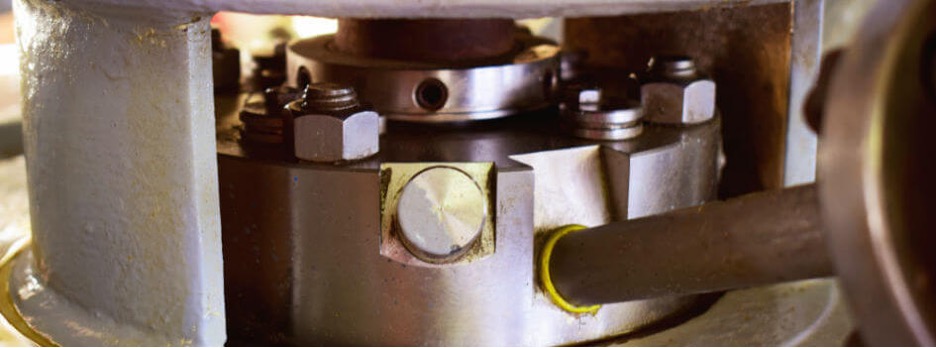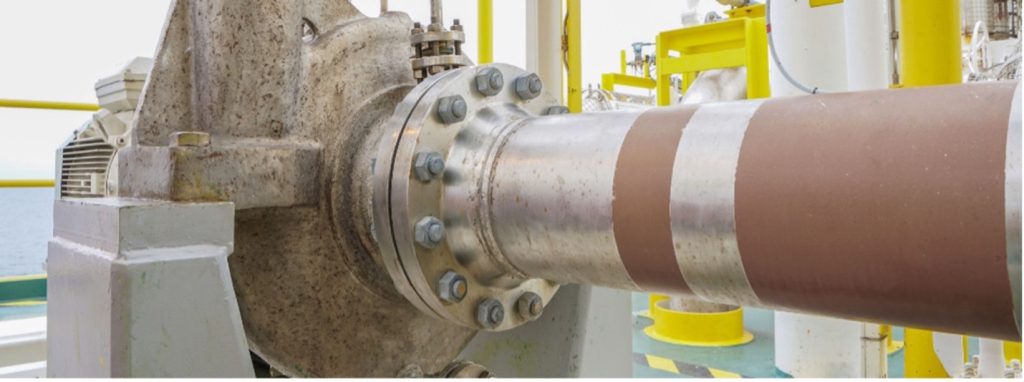
How Can Mechanical Sealing Systems Save Energy?
Mechanical sealing systems are crucial in achieving energy savings in various industrial processes. These components are designed to prevent leaks, ensuring that valuable fluids and gases stay contained within machinery and pipelines.
The Role of Mechanical Sealing Systems in Energy Savings
According to the U.S. Department of Energy, pumps consume about 50% of electricity in pump-intensive industries, with potential energy savings of 20% to 40% through pump optimization.
Mechanical seals, in conjunction with the appropriate seal support systems, play a pivotal role in enhancing the efficiency of pumping equipment within industrial plants. These can significantly impact a plant’s overall performance and productivity. Here’s how:
1. Leakage Control
One of the primary functions of mechanical sealing systems is to prevent leakage of process fluids from pumps. Even the slightest leakage can result in significant losses in industries where the transported fluids are hazardous, toxic, or expensive. Mechanical seals act as robust barriers, ensuring minimal to zero leaks, thereby conserving valuable resources.
2. Longevity of Equipment
By preventing leakage and maintaining a sealed environment within the pump, mechanical seals contribute to the longevity of the equipment. What does this mean? The equipment can operate efficiently for extended periods without frequent repairs or replacements. As a result, less energy is consumed in the manufacturing, transportation, and installation of new equipment.
3. Minimizing Friction and Wear
Mechanical seals effectively reduce friction between rotating and stationary components within the pump. This reduction in friction minimizes wear and tear on the equipment. As a result, pumps can operate more smoothly and with less resistance, which directly translates to energy savings. Less energy is required to maintain the desired level of pump performance.
4. Reliability of Pump Operations
Reliable pump operations are essential for energy-efficient processes. Mechanical sealing systems provide this reliability by ensuring a consistent seal under various operating conditions. This stability minimizes the risk of breakdowns, ensuring that the pumps perform as intended. This, in turn, avoids the need for emergency repairs or replacements, saving both energy and time.

How to Achieve Energy Savings with Mechanical Seals
Reducing energy usage through efficient mechanical seal systems is a critical goal in various industries. Here are some key strategies for achieving this:
- Select the Right Seal Type: Choose mechanical sealing systems for your specific application. Different seals are better suited to other operating conditions. The right choice can significantly reduce energy waste.
- Proper Installation and Maintenance: Ensure that seals are installed correctly and undergo regular maintenance. Properly installed and maintained seals minimize leakage and, in turn, energy losses.
- Monitor and Optimize Seal Performance: Implement a pump monitoring system to regularly check seal performance. This proactive approach helps identify issues early, allowing for timely maintenance or replacement. Improved performance leads to energy savings.
- Optimize Operating Conditions: Adjust operating conditions such as pressure and temperature to find the sweet spot for energy-efficient operation without compromising performance.
- Use Dual Seals: In applications with safety and environmental concerns, dual mechanical seals are often used. These seals create an additional barrier, reducing the risk of pump leakage and decreasing energy losses.
- Use Barrier Fluid Systems: In certain applications, barrier fluid systems can maintain a consistent seal environment, reducing friction and energy consumption.
- Regular Training: Ensure that your maintenance and operating personnel receive regular training on seal systems. Well-informed staff can help identify issues and perform maintenance effectively.
- Data-Driven Decisions: Use data analytics and pump condition monitoring to make informed decisions about seal replacement or maintenance.
Industries can substantially reduce energy consumption and lower operating costs by focusing on these strategies. Contribute to a more sustainable and environmentally responsible operation today!
Benefits Beyond Energy Savings
The advantages of mechanical seal systems extend far beyond energy savings. Here are a few more reasons to consider upgrading your seal systems.
Reduced Maintenance and Downtime
By preventing leaks and minimizing wear and tear on equipment, mechanical seals lead to reduced maintenance requirements and downtime. This translates to lower operational costs and improved productivity.
Improved Workplace Safety
Mechanical seals enhance workplace safety by preventing leaks and reducing the risk of equipment failures. Employees are exposed to fewer hazards, and this, in turn, leads to a safer and more productive work environment.
Environmental Advantages
Mechanical seals play a key role in preventing potentially harmful leaks of hazardous substances. This helps in maintaining a cleaner and safer working environment. It also contributes to a reduced environmental footprint.
Incorporating mechanical seals in industrial processes results in a holistic approach to efficiency, cost savings, and environmental responsibility.
Reduce Energy Consumption with DXP’s Mechanical Seals
Reducing energy consumption should be the #1 concern for industries striving to improve their sustainability and cost-effectiveness. DXP’s advanced mechanical seals play a crucial role in achieving this goal. Our seals are designed with precision engineering to minimize leakage, reduce friction, and enhance the overall efficiency of pumping systems.
Contact DXP today for more information about our sealing solutions.
